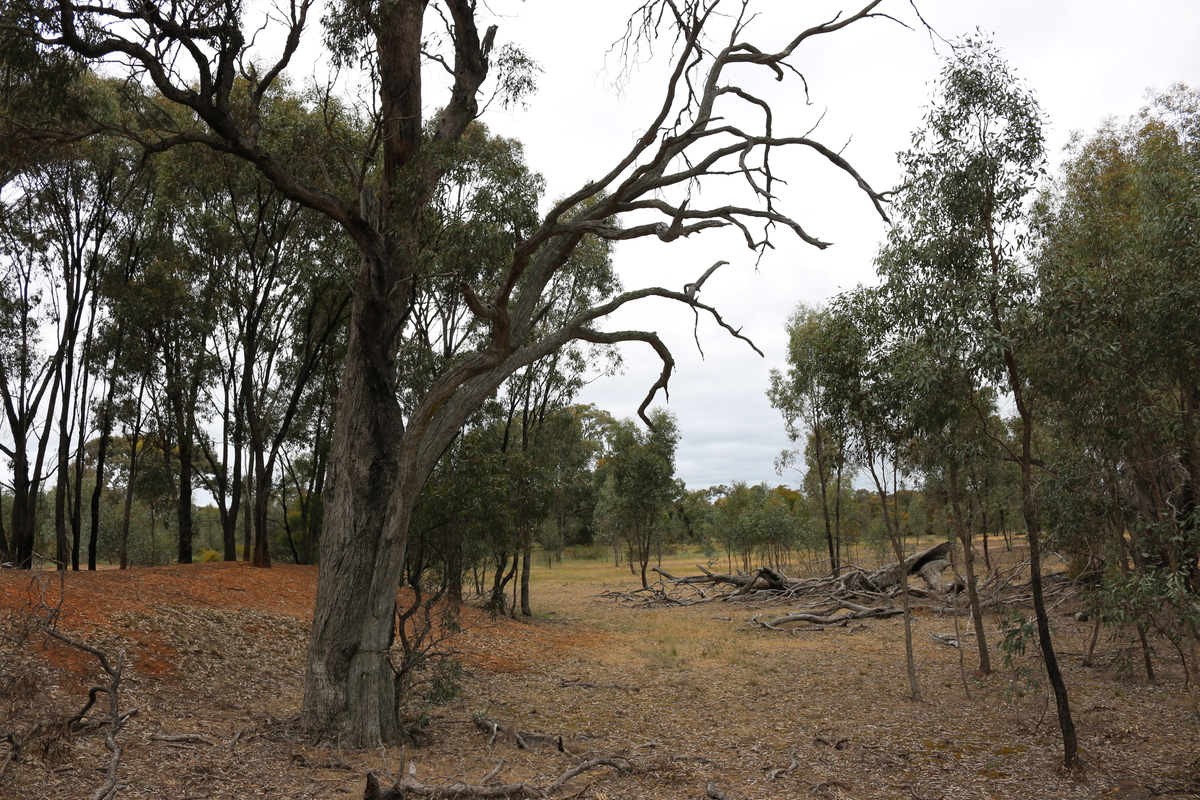Have you got clothes hanging in your cupboard that you don’t wear anymore? Bank Australia customer Karen Freidin is helping fashionistas sell their pre-loved clothing, while supporting women facing disadvantage at the same time. We had a chat to find out more.
We all wear clothes. They’re part of our identity, and help us show the world who we are. But when you start thinking about who makes your clothes, how they’re being made, and where they end up when you don’t love them anymore (or they’ve gone out of fashion), that’s where things start getting murky.
Bank Australia customer Karen Freidin had never been much of a shopper herself, but started thinking more about fashion, and in particular fast fashion, when her daughters hit adolescence. “I was giving them money and started wondering ‘Where were they shopping? Where were these clothes coming from?’” she remembers.
With a background in sustainability, she started looking into the impact of the fashion industry on people and the planet. “It felt like peeling back the layers of an onion,” Karen says. “You become aware of the huge consumption of clothing and clothing waste, you become aware of the conditions that the women who make our clothes work in. So many people have clothes in their cupboards that they don’t wear.”
This led Karen to start Reluv, a pre-loved clothing website specialising in high-quality, affordable outfits. Everything for sale on Reluv is from brand names, and is in either brand-new or near-new condition. Along with purchasing a new/pre-loved wardrobe, you can also send in your garments for Reluv to sell on your behalf.
“A good resale program should drive down consumption of new garments,” Karen says, “and increase consumption of pre-loved garments.”
.webp)
Reluv partner with a number of organisations working to empower women, especially garment makers, women in Indigenous communities, and women returning to work.
“I wanted to extend the life of clothes that have already been made, and generate an ongoing revenue source so we could fund some of these important programs,” Karen says.
Some of these organisations include Fitted for Work, which supports women returning to the workforce, and the Remote Op Shop Project, a program in the Northern Territory where Indigenous women set up and run op-shops in their local communities. In Bangladesh, Reluv are currently supporting women’s cafés, safe spaces where garment workers can access vaccinations, childcare, financial advice, and get information about their rights.
Last year, Karen released Reluv’s first Fashion Resale Report, investigating the state of fashion resale in Australia, environmental issues within the industry, and how fashion resale can support a circular fashion economy.
“I wanted to understand what was happening with resale in Australia, but I also wanted to share that information,” Karen explains. “I don’t want Reluv to just be a resale store; I want us to be thought leaders and a source of information and value for the fashion industry.”
According to Karen, brands – clothing or otherwise – have a responsibility to design and produce items with circularity in mind. “Products should be designed for longevity, to be used as much as possible, and to be recycled/repurposed at the end of life,” she says. “Clothing should not be designed to be thrown away after a few wears.”
Read more about our incredible customers.








